Unique to Australia: Decline in melanoma mortality
Assessment of trends of melanoma incidence and mortality in Australia reveals a recent plateauing and reduction in melanoma mortality, unique to Australia.
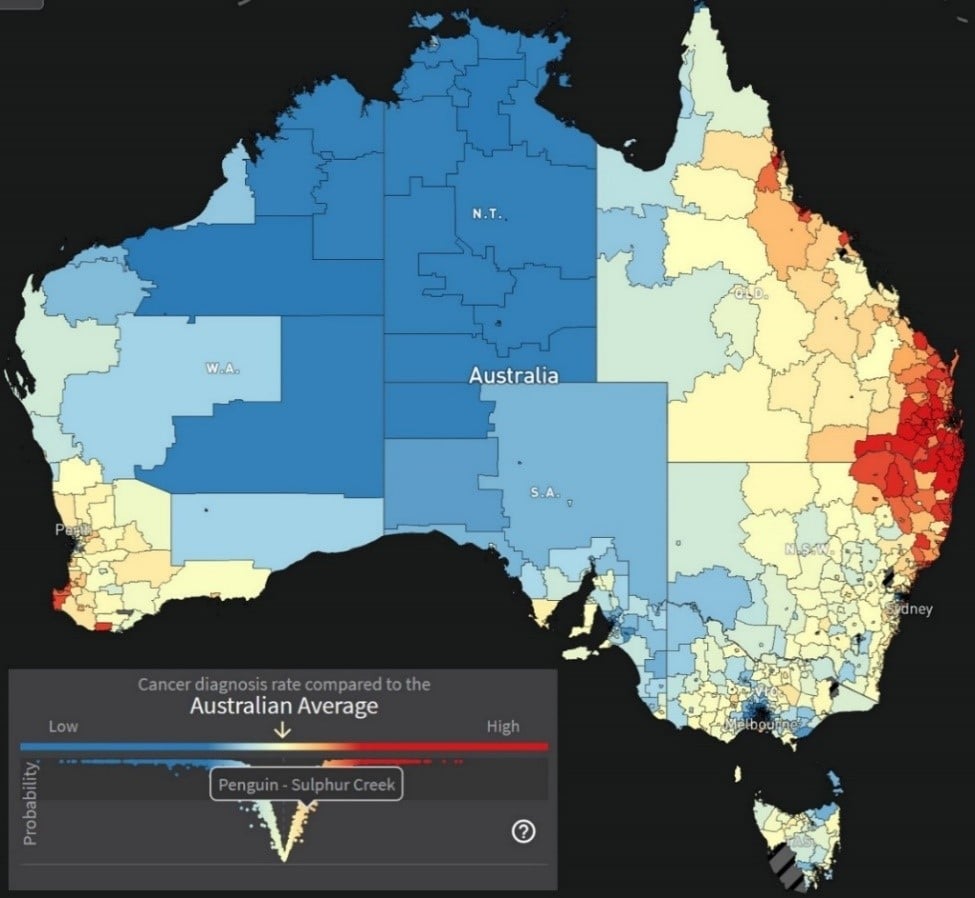
HealthCert Education
Assessment of trends of melanoma incidence and mortality in Australia reveals a recent plateauing and reduction in melanoma age-standardised mortality1, which is unique to Australia (see figure 1).
Figure 1 [https://www.aihw.gov.au/reports/life-expectancy-death/grim-books/contents/general-record-of-incidence-of-mortality-grim-books]
Speculation that this is due to dilution of the traditionally concentrated Celtic gene pool2 has been challenged3 and it has been claimed that this trend is a consequence of enhanced public awareness resulting from public health initiatives such as the ''slip-slop-slap'' campaign4,5.
In fact the decline in the death rate is greatest in the elderly making it unlikely that decreased sun exposure is the reason (see figure 3). Arguably a more likely factor contributing to this phenomenon is increased education of primary care doctors in Australia by institutions such as the Skin Cancer Colleges, HeathCert and the Skin Cancer Masters Degree Program at The University of Queensland.
Figure 2: [Australian Institute of Health and Welfare] Age-specific mortality for melanoma (males)
A recent publication, The Australian Cancer Atlas6, has provided graphic information about melanoma incidence and mortality (see figures 3 and 4).
Figure 3: Melanoma Incidence (https://atlas.cancer.org.au/a)
Figure 4: Melanoma Mortality (https://atlas.cancer.org.au/app)
It is evident from these maps that there is a trend for melanoma mortality to be inversely related to melanoma incidence. In other words the regions that have the highest rates of diagnosis of invasive melanoma also tend to have the lowest rates of melanoma mortality. These data support the hypothesis that ''over diagnosis'' (correct diagnosis of melanomas that will not result in the death of the patient) is the necessary price for reduced mortality.
A study published in 2007 showed a slight excess of skin cancer management in general practice7, but a more recent study showed that in the financial year 2013-2014 Australian GPs excised three times as many melanomas as dermatologists8.
Arguably the increased role of GPs, who have undertaken postgraduate training in skin cancer diagnosis and management, is now impacting a falling melanoma mortality to incidence ratio. This is an area worthy of further study.
Dr Simon Clark
Prof Cliff Rosendahl
Learn more about skin cancer medicine in primary care at the next Skin Cancer Certificate Courses:

References:
- https://wiki.cancer.org.au/skincancerstats/Skin_cancer_incidence_and_mortality
- Czarnecki, D ''The incidence of melanoma is increasing in the susceptible young Australian population.'' Acta dermato-venereologica5 (2014): 539-541.
- Youlden, D.R., Kimlin, M., Sinclair, C. and Aitken, J., 2015. Assessment of the effect of migration on melanoma incidence trends in Australia between 1982 and 2010 among people under Acta dermato-venereologica1 (2015): 118-120.
- https://wiki.cancer.org.au/skincancerstats/Skin_cancer_incidence_and_mortality
- Erdmann F, Lortet-Tieulent J, Schüz J, Zeeb H, Greinert R, Breitbart EW, et al. International trends in the incidence of malignant melanoma 1953-2008–are recent generations at higher or lower risk? Int J Cancer 2013 Jan 15;132(2):385-400 Abstract available at http://www.ncbi.nlm.nih.gov/pubmed/22532371
- https://atlas.cancer.org.au/app
- Askew DA, Wilkinson D, Schluter PJ, et al. Skin cancer surgery in Australia 2001–2005: the changing role ofthe general practitioner. Med J Aust 2007; 187: 210–214.
- Wu A, Rosen R, Selva D, Huilgol SC. Proportion of melanoma excisions performed by different specialties in Australia. Australasian Journal of Dermatology. 2018;59(3):243–245.

 1800 867 1390
1800 867 1390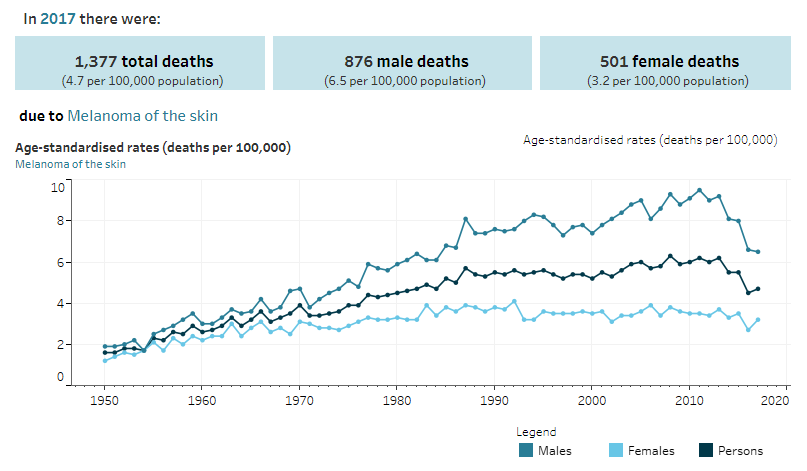
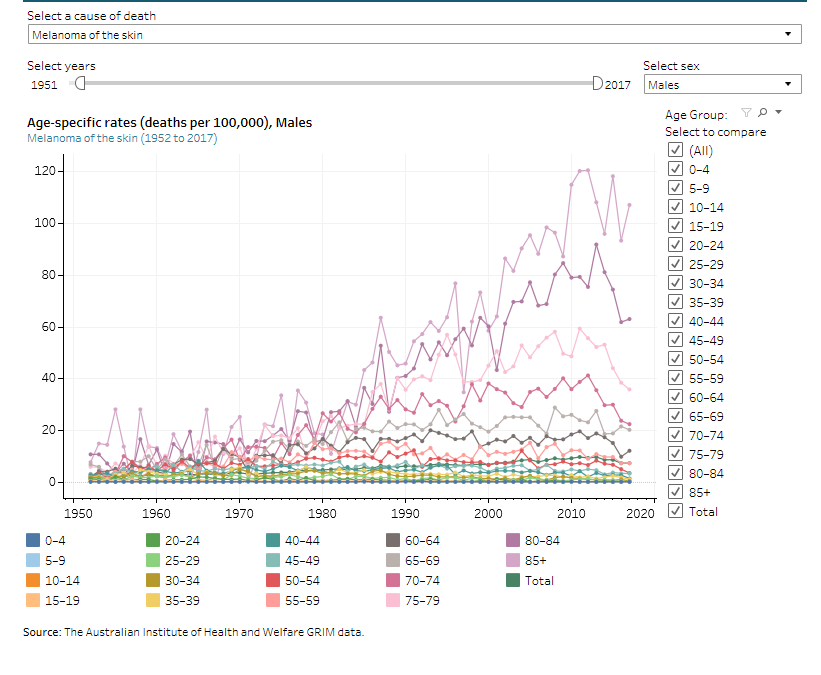
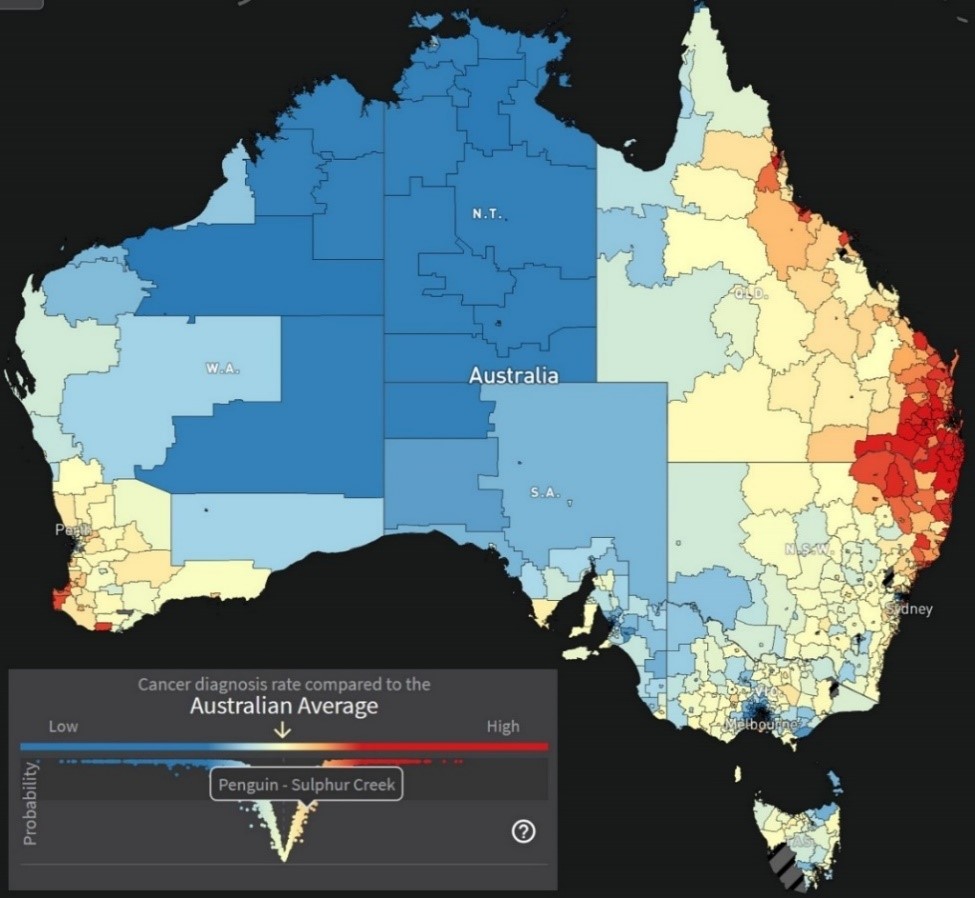
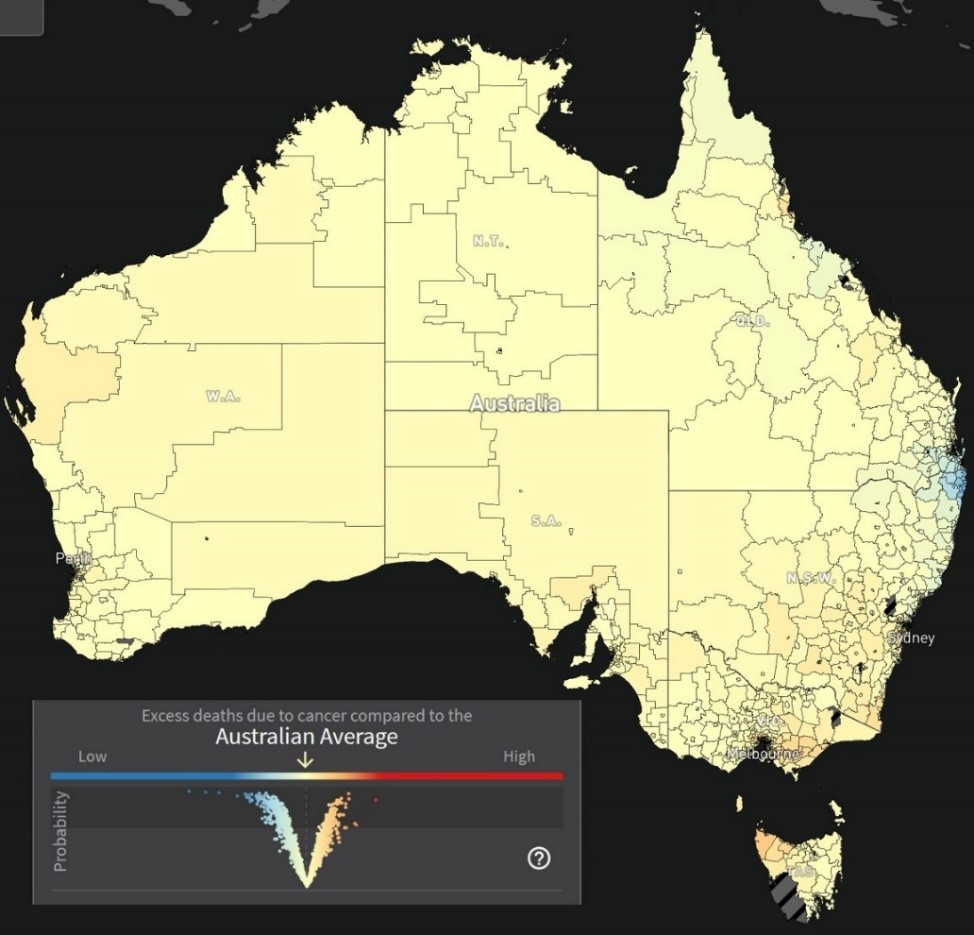
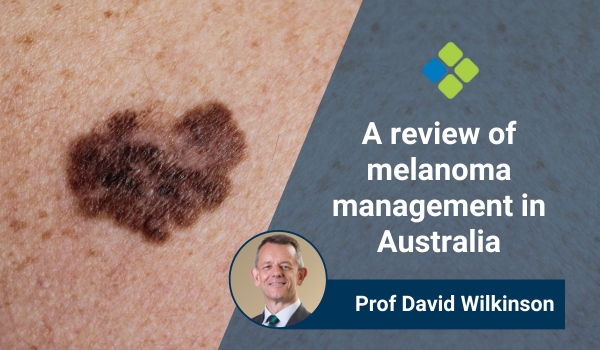
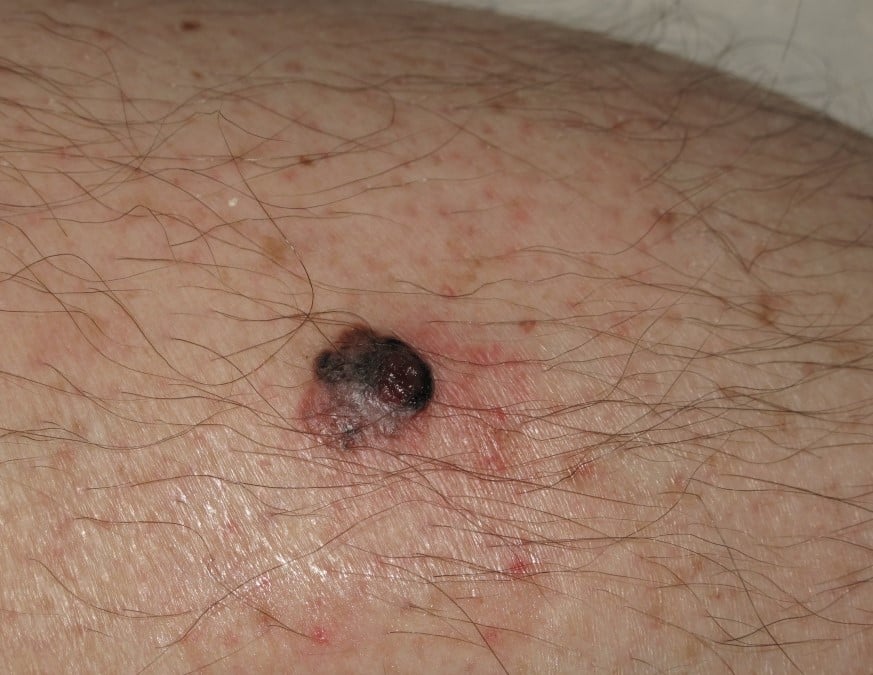
.jpg)



